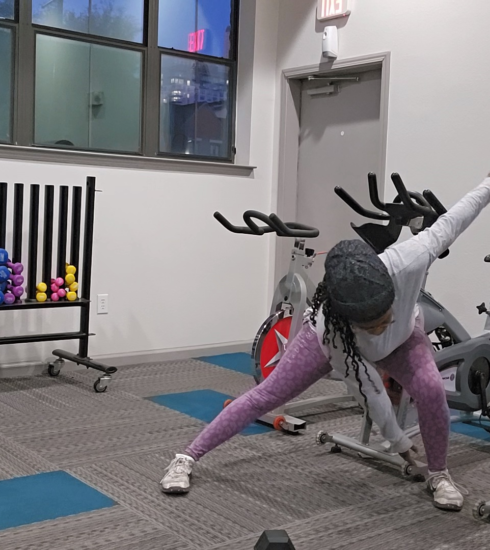10 Lifestyle Habits to Improve Mental Health
Mental health is a critical aspect of overall well-being. While therapy and medication are essential tools for managing mental health, lifestyle changes can also play a significant role in improving mental well-being. Here are changes to implement in your daily life to boost your mental health.
- Get Moving
Physical activity is a powerful tool for mental health. Regular exercise has been shown to reduce symptoms of anxiety and depression, improve mood, and boost self-esteem. Engaging in activities like walking, running, swimming, or yoga releases endorphins—chemicals in the brain that act as natural painkillers and mood elevators. Even a 20-30 minute walk each day can make a difference. - Eat Well
What you eat has a direct impact on your brain function and mood. A diet rich in fruits, vegetables, whole grains, and lean proteins provides the essential nutrients your brain needs to function properly. Omega-3 fatty acids, found in fish like salmon and walnuts, are particularly beneficial for mental health. Avoid sugar and processed foods, which can contribute to mood swings and cognitive decline. - Sleep Well
Sleep is often overlooked, but it is vital for mental health. Lack of sleep can lead to irritability, anxiety, and depression. Establish a regular sleep routine by going to bed and waking up at the same time every day, even on weekends. Create a relaxing bedtime ritual, avoid screens before bed, and ensure your sleep environment is comfortable. Aim for 7-9 hours of quality sleep each night. - Exclude Alcohol and Drugs
When trying to improve mental health, it’s important to keep the mind clear and functioning at its best at all times. Depending on alcohol and drugs to ease or escape stress and difficult situations only hurts worse. Choose healthy alternatives to managing stress, like exercise, talking with a friend or professional, meditation or rest. - Practice Mindfulness
Mindfulness practices, such as meditation, deep breathing exercises, and yoga, can significantly reduce stress and foster mental clarity. These practices help you stay present and reduce the tendency to dwell on past regrets or future anxieties. Even dedicating just 10 minutes a day to mindfulness can help you feel more grounded and less overwhelmed by life’s challenges. - Connect With Positive Friends and Loved Ones
Positive social interactions can reduce stress, increase feelings of belonging, and provide emotional support during tough times. Make an effort to nurture relationships with family, friends, and community members. If you’re feeling isolated, consider joining clubs, volunteering, or participating in group activities that interest you. - Adopt a Morning Routine. Starting the morning off on a positive note sets the tone for the whole day. Rise early, drink water, do some light stretching, and meditate to ease into the day. Avoid picking up the phone and checking emails or scrolling on social media, which can cause stress.
- Limit Screen Time
In an age dominated by screens, it’s easy to become overwhelmed by the constant influx of information and social media. Excessive screen time, especially on social media, has been linked to increased feelings of anxiety, depression, and loneliness. Set boundaries for your screen use, take regular breaks, and make time for offline activities that bring you joy and relaxation. - Manage Stress
Chronic stress is a significant contributor to mental health problems. Learning to manage stress effectively is key to maintaining good mental health. This can include practices like time management, setting realistic goals, and learning to say no when necessary. Incorporate relaxation techniques such as deep breathing, progressive muscle relaxation, or hobbies that help you unwind. - Do What Brings You Joy
Engaging in activities that bring you purpose and happiness is essential for mental health. Whether it’s a hobby, creative outlet, volunteer work, or pursuing a passion, doing things that align with your values and interests can give your life a sense of meaning and satisfaction.









